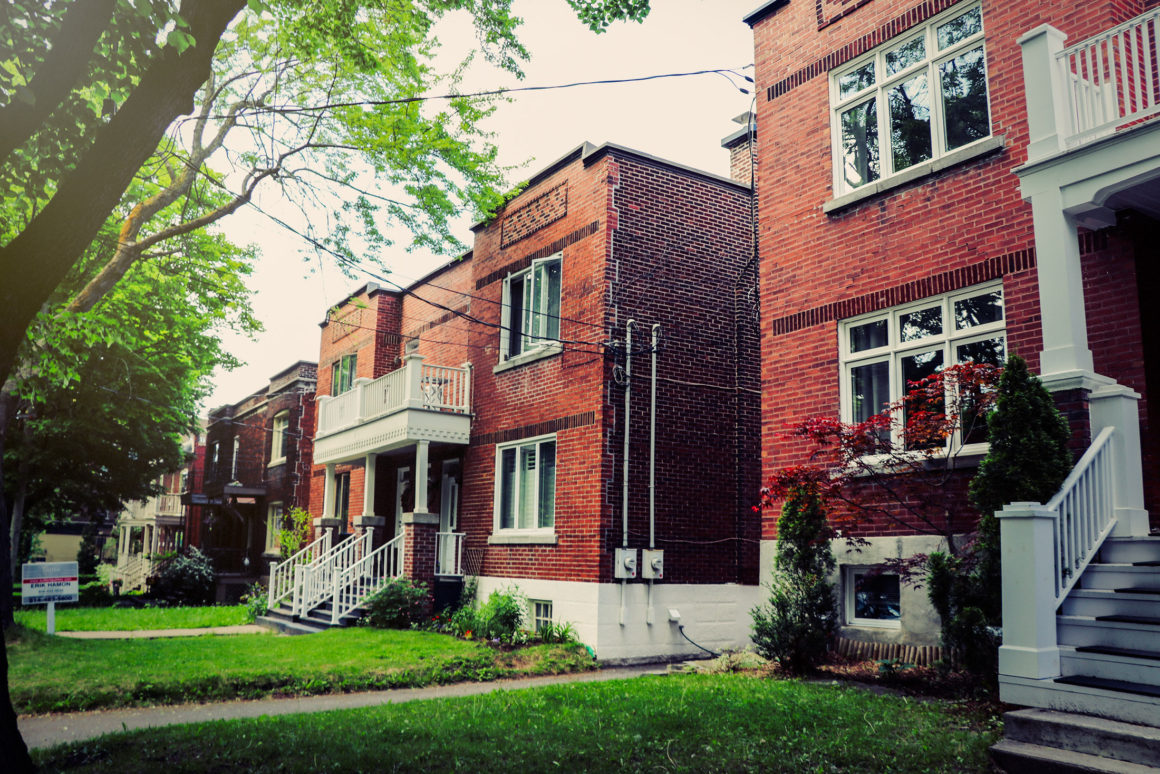For most people, the purchase of a house tends to be the biggest financial commitment of their lives. And because there is so much at stake, home buyers want to get it right from the beginning. Potential problems lurk in homes that have hidden defects. We asked David Ghavitian, a Montreal lawyer who specializes in real estate law, to weigh in on what buyers need to know about latent defects.

Question: David, what is a latent defect? The word “latent” suggests that the defect is either concealed or dormant. Is this correct?
Answer: Yes, but it implies more than that. A latent defect is generally defined as a fault in the property that could not have been discovered by a reasonably thorough inspection before the sale. Depending on the facts at hand, here is what to look out for when you’re delving deeper in such cases:
• Whether the defect was apparent or not at the time of sale or was known to the buyer.
• Whether the defect is not due to normal wear and tear.
• Whether the defect results from misuse by the buyer.
• Whether or not the deed of sale stipulates that the property was sold “at buyer’s risk” and with no legal warranty.

Q: Given the fact that latent defects are concealed, how can potential home buyers discover them before signing the deeds on a new house?
A: Great question! They can get a thorough inspection done by a certified expert and make sure that the declarations made by the seller reflect the reality regarding the property’s condition. It can also be used as a way to extract leverage on the sellers prior to purchase because the buyer can use the cost of repairs to drive down the price.

Q: Are these defects more widespread in older homes?
A: Not necessarily. The latency of these defects depends on the good faith of all the parties involved and their ability to faithfully communicate any and all issues that may affect the property. I’ve seen defects come from new construction all the way to flips done on recently renovated century-old homes and everything in between.

Q: What recourse does a home buyer have if the defects are discovered after the purchase is finalized?
A: It depends on the severity of the defects and the costs related to mitigating the damages. It also depends on the personal situations of the affected buyers as they may not be so inclined to live in a house that may affect their well-being and that of their families. It can range from asking for damages related to fixing what needs to be repaired all the way to asking for the sale to be cancelled with full reimbursement. •
Originally published in the Montreal Kitchens 2018 issue.
Me. David Ghavitian
www.davidghavitian.com








